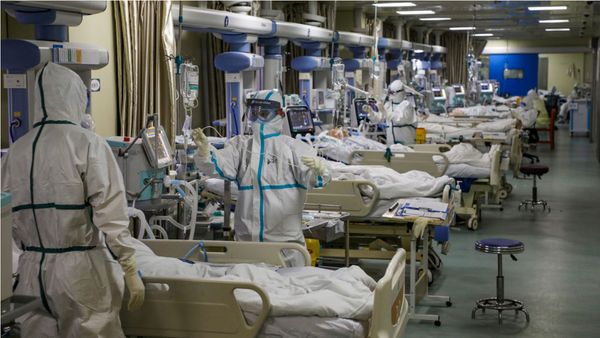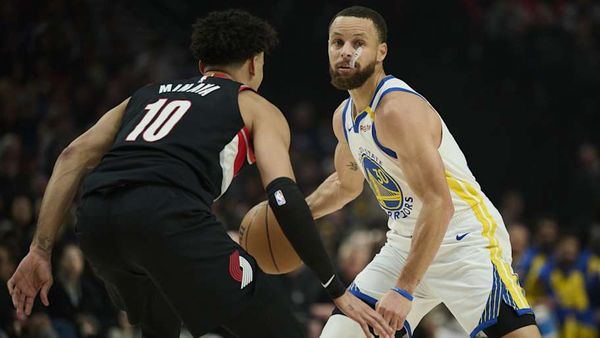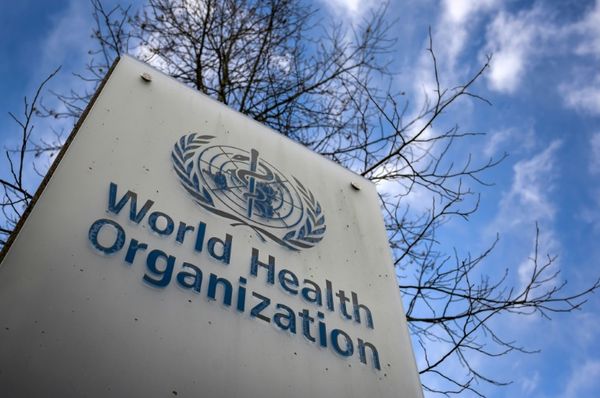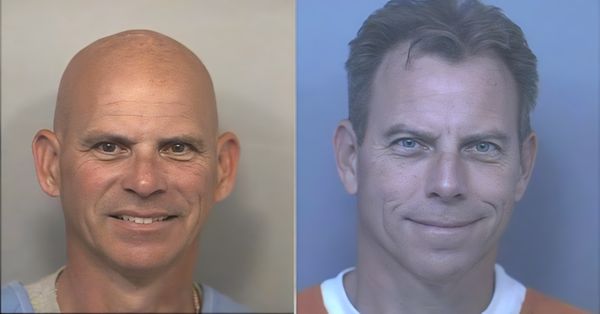
Drug company executives appearing in court in Boston this week have been accused of running “a criminal enterprise” and putting greed before patient safety as they pushed prescription narcotics during the opioids crisis, blighting the health of America.
The defendants are the first painkiller manufacturing bosses to stand trial over conduct authorities say contributed to an overdose epidemic that has killed hundreds of thousands of people in the past 20 years, regardless of region, age, race and income.
If the Boston trial and others scheduled to get under way later this year are anything to go by, 2019 is now shaping up as the start of a reckoning for the pharmaceutical giants still making billions from opioids.
Assistant US attorney David Lazarus told jurors in the federal court in Boston that John Kapoor and the company he created, Insys Therapeutics, ran a nationwide kickback and conspiracy scheme that effectively bribed doctors to routinely prescribe patients an addictive fentanyl spray that was much powerful than morphine and had been approved to alleviate the pain of advanced cancer.
Kapoor and four of his colleagues deny the criminal charges against them.
“This is a case about greed and the consequences of putting profits over people,” Lazarus said in his opening statement on Monday, adding that Arizona-based Insys also defrauded insurers into paying for the narcotic nasal spray Subsys, which contains fentanyl.
Kapoor was arrested in 2017 on the same day Donald Trump declared the opioid crisis a public health emergency. In 2017, a record 47,600 people died of opioid-related overdoses, according to the US Centers for Disease Control and Prevention.
Fentanyl is the synthetic opioid that killed Prince.
Almost 100 people are dying every day across America from opioid overdoses – more than car crashes and shootings combined. The majority of these fatalities reveal widespread addiction to powerful prescription painkillers. The crisis unfolded in the mid-90s when the US pharmaceutical industry began marketing legal narcotics, particularly OxyContin, to treat everyday pain. This slow-release opioid was vigorously promoted to doctors and, amid lax regulation and slick sales tactics, people were assured it was safe. But the drug was akin to luxury morphine, doled out like super aspirin, and highly addictive. What resulted was a commercial triumph and a public health tragedy. Belated efforts to rein in distribution fueled a resurgence of heroin and the emergence of a deadly, black market version of the synthetic opioid fentanyl. The crisis is so deep because it affects all races, regions and incomes
Former Insys senior executives Michael Babich and Alec Burlakoff have already pleaded guilty and are helping prosecutors. Insys paid $150m to resolve a federal investigation into the marketing of Subsys.
Lazarus said one defendant, Sunrise Lee – a sales executive and ex-stripper – gave a lap dance to an Illinois doctor to persuade him to prescribe Subsys to patients it wasn’t suitable for.
As the trial continues, a new reality of so-called big pharma bosses facing the consequences over opioid deaths and addiction appears to be just beginning to play out as other legal battles loom.
In May, Oklahoma is due to be the first state to go to trial out of more than 40suing Purdue Pharma, the manufacturer of Oxycontin, the most well-known prescription opioid, and several other companies, claiming they hid the addictive nature of their products and how easy they were to abuse.
And in October, three bellwether trials will get under way in a huge multi-district litigation case before a federal court in Cleveland, that has brought together more than 1,200 lawsuits from county and city governments across the nation.
“The opioids crisis is the biggest public health problem that we have in this country and it’s outrageous that it’s gone on this long … I see it as very significant that now we as a society are holding people accountable,” said Angela Mattie, a professor in the school of business and the school of medicine at Quinnipiac University.
Robert Bird, professor of business law at the University of Connecticut, said the balance of power has shifted away from big pharma to the public. “Over the next year, a day of reckoning is possible,” he said.
A judge in Oklahoma ruled last summer that cameras can be brought into the courtroom when the trial against pharmaceutical companies Purdue Pharma, Allergan, Janssen, Teva and subsidiary companies begins on 28 May.
Mike Hunter, the state attorney general, said the transparency would “allow individuals to see how these companies maliciously deceived the nation while creating the deadliest manmade epidemic in United States history”. The companies deny wrongdoing.
On Friday, further explosive details are due to be made public in a civil case brought against Purdue by the Massachusetts attorney general, Maura Healey.
Massachusetts is one of a small number of plaintiffs in the avalanche of litigation against Purdue that has amended its original complaint specifically to add the names of individual members of the Sackler family, who wholly own Purdue Pharma, to the list of defendants.
Earlier this month, newly unveiled court filings in Healey’s case revealed that when OxyContin was created in the mid-1990s, family member Richard Sackler, who was then a senior executive at Purdue, told people gathered at the painkiller’s launch party that the event would be “followed by a blizzard of prescriptions that will bury the competition”.
Portions of the complaint remained redacted, but on Monday the judge in the case ruled that almost all of it must be revealed by noon on Friday in court in Boston – moments away from where Kapoor and the Insys executives are now on trial.
Suffolk county in Long Island, New York, has also sued Sackler family members personally.
“We are beginning, through various documents, to learn what the Sackler family knew and when they knew it and that they continued to do business,” said Mattie.
There are signs that a huge settlement could be on the horizon but, meanwhile, plaintiffs are forging ahead towards trial.
Joe Rice is co-lead counsel for the plaintiffs in the multi-district litigation (MDL) in Cleveland, a city suffering from the overdose epidemic.
“The MDL has been extensively involved in developing documentary and deposition evidence against all the defendants and that includes Purdue and, by necessity, information about the Sackler family while they were directors of the company, and much of that has been shared with the attorneys general [in the state cases], including Massachusetts,” Rice said on Tuesday.
The Sackler family is worth around $13bn. The dynasty is known for philanthropy to cultural and academic institutions in the US and the UK, but the controversy is affecting that profile. Leading institutions say little about the ethics of accepting donations, but the Metropolitan Museum of Art in New York broke ranks and is reviewing its policy, as first reported by the conservative news website the Daily Caller.
Spokesman Ken Weine said: “We are watching this topic with great interest, and, in light of the recent developments, carefully reviewing our overall policies in this area.”
In 2007, executives at Purdue Pharma pleaded guilty in criminal court that they had misled regulators, doctors and patients about the drug’s risk of addiction and its potential to be abused. The company paid $600m in fines and other payments and a trial was avoided.







